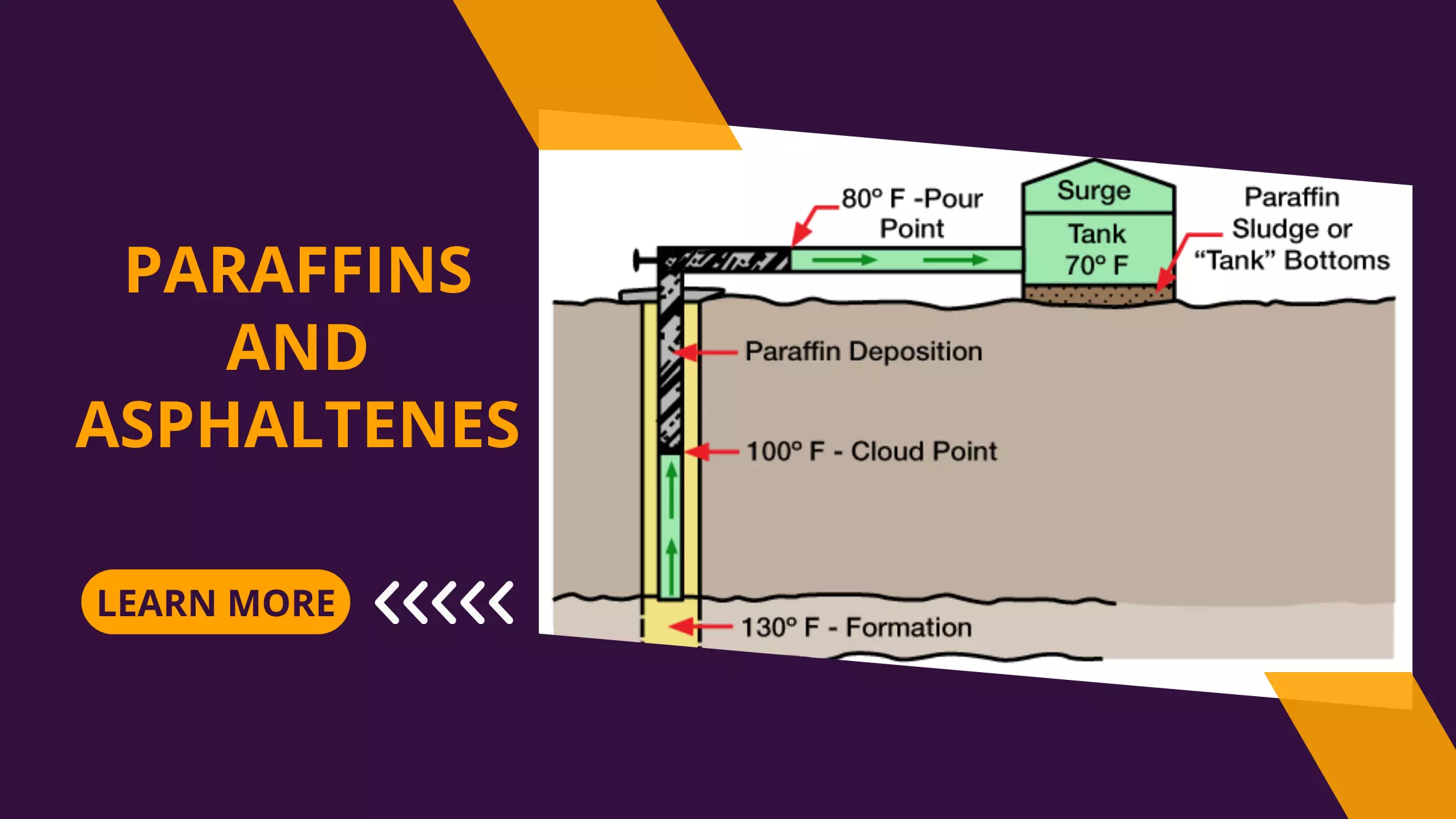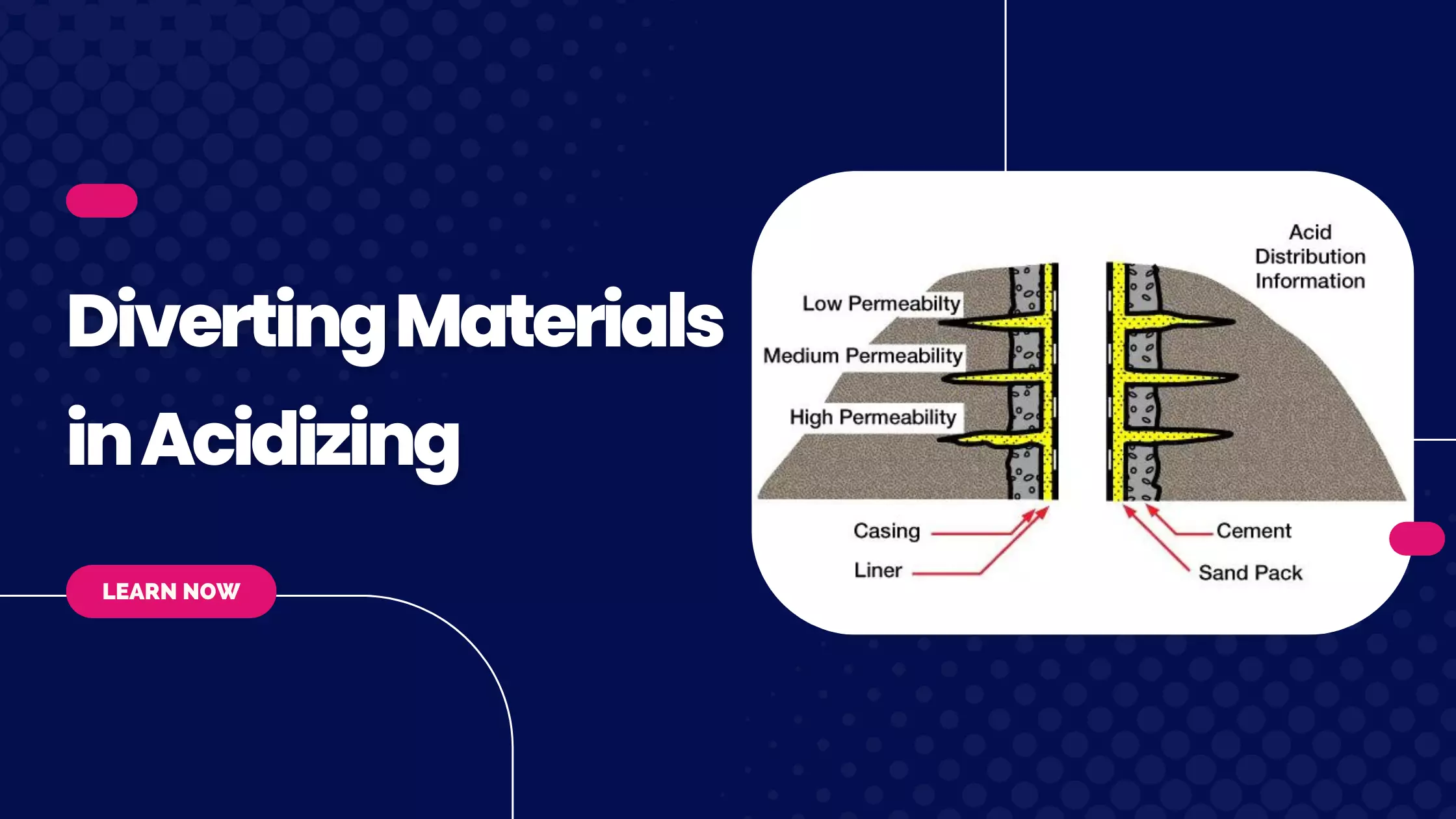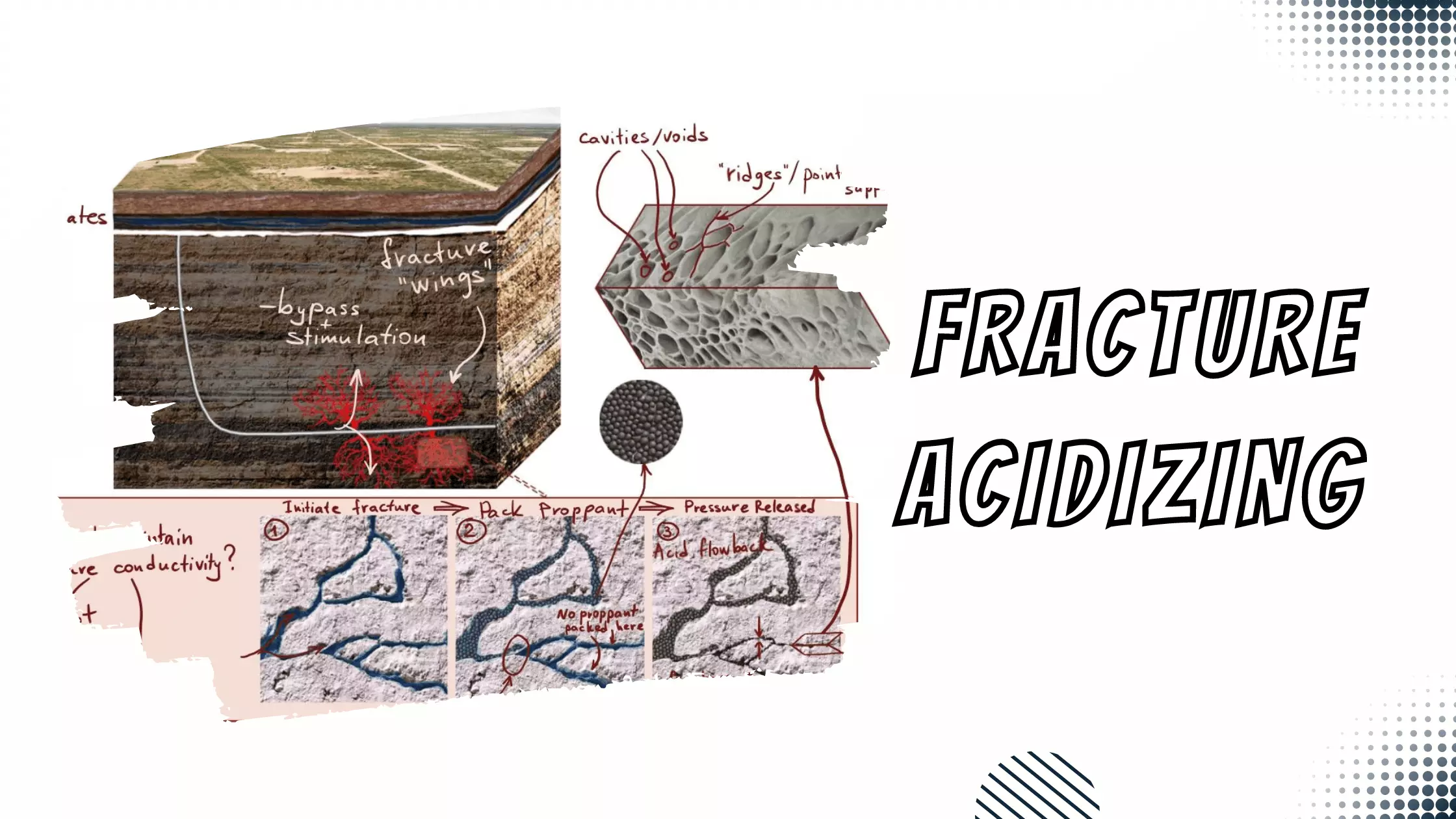Frequently Asked Questions (FAQ) Reservoir Engineering
- What is reservoir engineering? Reservoir engineering is a discipline that focuses on the understanding, characterization, and management of hydrocarbon reservoirs. It involves applying scientific and engineering principles to optimize the production and recovery of oil and gas from subsurface reservoirs.
- What are the key responsibilities of a reservoir engineer? Reservoir engineers are responsible for analyzing reservoir properties, estimating hydrocarbon reserves, designing production strategies, optimizing recovery techniques, conducting reservoir simulations, monitoring reservoir performance, and making data-driven decisions to maximize reservoir productivity.
- How is reservoir engineering different from petroleum engineering? Reservoir engineering is a subset of petroleum engineering that specifically deals with the reservoir aspects of oil and gas production. Petroleum engineering encompasses a broader scope, including drilling, production, and other aspects of the oil and gas industry.
- What are some common reservoir engineering techniques? Common reservoir engineering techniques include reservoir characterization (core analysis, well logging), reservoir simulation, well testing, production optimization, enhanced oil recovery (EOR) methods, data analysis, and reservoir surveillance.
- How do reservoir engineers estimate hydrocarbon reserves? Reservoir engineers estimate hydrocarbon reserves by integrating geological and geophysical data, well performance data, and reservoir simulation models. They utilize techniques such as material balance calculations, decline curve analysis, and production history matching to determine the amount of recoverable hydrocarbons in a reservoir.
- What is the role of reservoir engineers in production optimization? Reservoir engineers play a crucial role in production optimization by analyzing reservoir behavior, identifying factors affecting production rates, designing well completion strategies, optimizing well placement, and implementing production enhancement techniques to maximize hydrocarbon recovery.
- What are some emerging technologies in reservoir engineering? Emerging technologies in reservoir engineering include digitalization, big data analytics, machine learning, artificial intelligence, advanced reservoir simulation software, intelligent well systems, nanotechnology applications, and remote sensing techniques for reservoir monitoring.
- How does reservoir engineering contribute to environmental sustainability? Reservoir engineering contributes to environmental sustainability by implementing practices that minimize environmental impact, optimizing water usage, reducing greenhouse gas emissions, and exploring technologies like carbon capture and storage (CCS) to mitigate the carbon footprint of reservoir operations.
- What qualifications are required to become a reservoir engineer? To become a reservoir engineer, one typically needs a bachelor’s degree in petroleum engineering, chemical engineering, or a related field. Further specialization can be pursued through master’s or doctoral programs in reservoir engineering or petroleum engineering.
- What is the future outlook for reservoir engineering as a career? The future outlook for reservoir engineering is promising, with increasing global energy demand and the need for sustainable reservoir management. Advancements in technology and the application of digital tools will continue to drive innovation in the field, creating opportunities for reservoir engineers to contribute to the efficient and responsible development of hydrocarbon reservoirs.
Assessment Basic Concepts in Reservoir Engineering
1. Which of the following statements is NOT true?
A .Gravity drainage is a natural reservoir drive mechanism.
B .The number of wells and their locations affect the ultimate recovery.
C .The permeability, thickness and pressure influence on the productive potential of a well.
D .Waterflooding is considered an enhanced oil recovery method. correct
2. Which of these data sources provide information on reservoir pressure response?
A .Geological studies and seismic interpretations
B .Well logs
C .Core analyses
D .Well test analyses and production data correct
E .All of the above
3. What item of information is NOT needed in selecting proper locations of wells?
A .Fault patterns
B .Permeability anisotropy
C .Aquifer size Correct
D .Fluid contacts
4. What information is required to describe a reservoir in terms of a unit tank model?
A .The average pressure at the fluid contacts
B .The average pressure for the whole reservoir Correct
C .The average pressure for each well’s drainage volume
5. Which of the following statements is TRUE?
A .Water may not be present in all reservoirs
B .Absolute permeability is a function of fluid saturation
C .In a clean, non-fractured sandstone reservoir, the difference between effective and total porosity will most likely be negligible. correct
D .Total porostiy can be determined from mercury injection experiments
6. Darcy’s law assumes all of the following, but:
A .Single-phase fluid flow
B .Laminar flow
C .Isothermal flow
D .Compressible flow Correct
7. Material balance equation is used to calculate:
A .The effect of heterogeneity on the reservoir performance
B .The fluid volume which is affected by production Correct
C .Fluid and pressure distributions
D .The selection of new well locations
Recommended for You
Hydraulic Fracturing Fundamentals
Production Logging of Multiphase Flow in Horizontal Wells
 Petro Shine The Place for Oil and Gas Professionals.
Petro Shine The Place for Oil and Gas Professionals.





